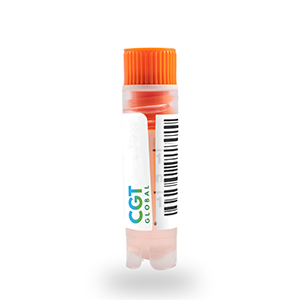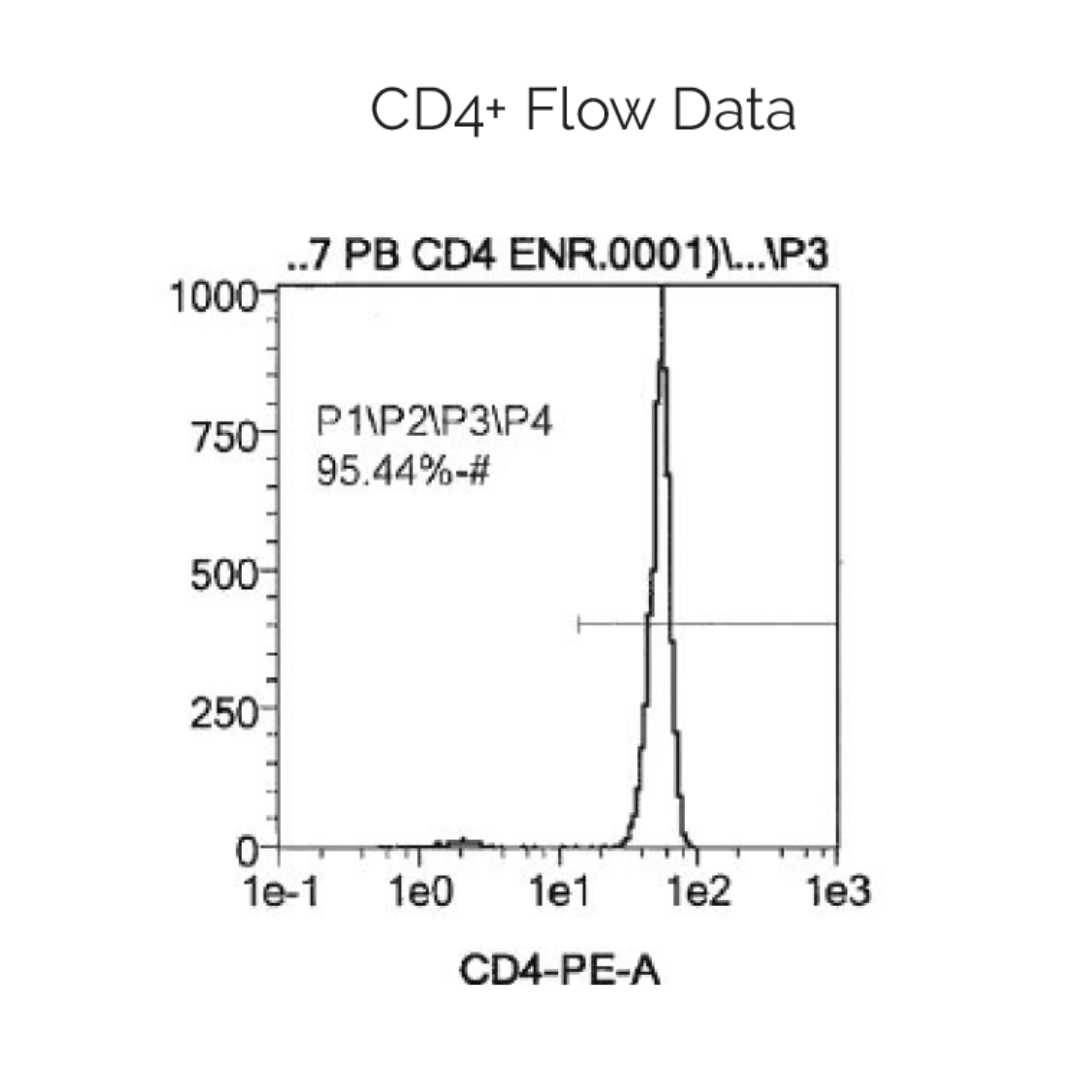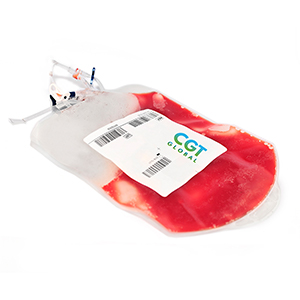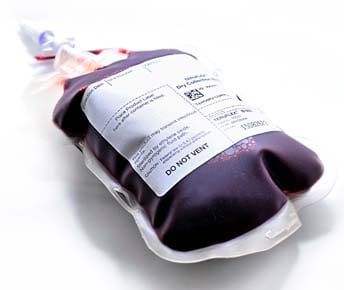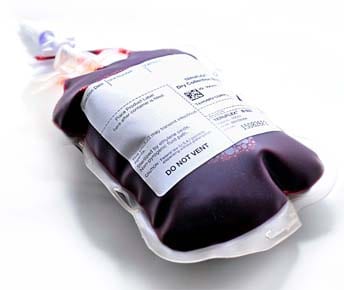Questions? Contact Sales:
530-303-3828
Contact Us
- Description
- Additional information
- Technical Resources
- Request More Information
- Flow Data
- Publications
Description
Human CD4+ helper T cells express the CD4 co-receptor and play an important role in the adaptive immune system by assisting other white blood cells. These cells are activated when they are presented an antigen on the MHC class II molecule of an antigen-presenting cell (APC). Once activated, CD4+ helper T cells secrete lymphokines that assist in the activation of B cells to secrete antibodies that target specific microbes and assist in the activation of cytotoxic T cells to destroy infected target cells.
Human peripheral blood CD4+ helper T cells are enriched by means of negative selection. Cells expressing CD8, CD14, CD15, CD16, CD19, CD36, CD56, CD123, TCRγ/δ, and CD235a are depleted from the peripheral blood mononuclear cell population using immunomagnetic particles leaving purified, untouched CD4+ helper T cells. Cell isolations are characterized by flow cytometry to ensure a highly pure and viable cell population.
Cells were obtained using Institutional Review Board (IRB) approved consent forms and protocols.
Learn more about bulk ordering through CGT Global HERE.
Additional information
| Anticoagulant | |
|---|---|
| Format | |
| Grade | |
| Species | |
| Cell and Tissue Source | |
| Disease State | |
| Donor Attributes |
Product Information Sheet
CellsExpress Bulk PB CD4 – Frozen
Certificate of Analysis
Material Safety Data Sheet
Protocols
Request More Information
Schillebeeckx et al. (2020) Analytical Performance of an Immunoprofiling Assay Based on RNA Models. J Mol Diagn. doi.org/10.1016/j.jmoldx.2020.01.009
Joberty et al. (2020) A Tandem Guide RNA-Based Strategy for Efficient CRISPR Gene Editing of Cell Populations with Low Heterogeneity of Edited Alleles. The CRISPR Journal. 3(2): 123-134.


